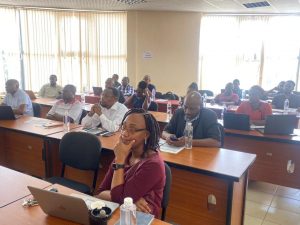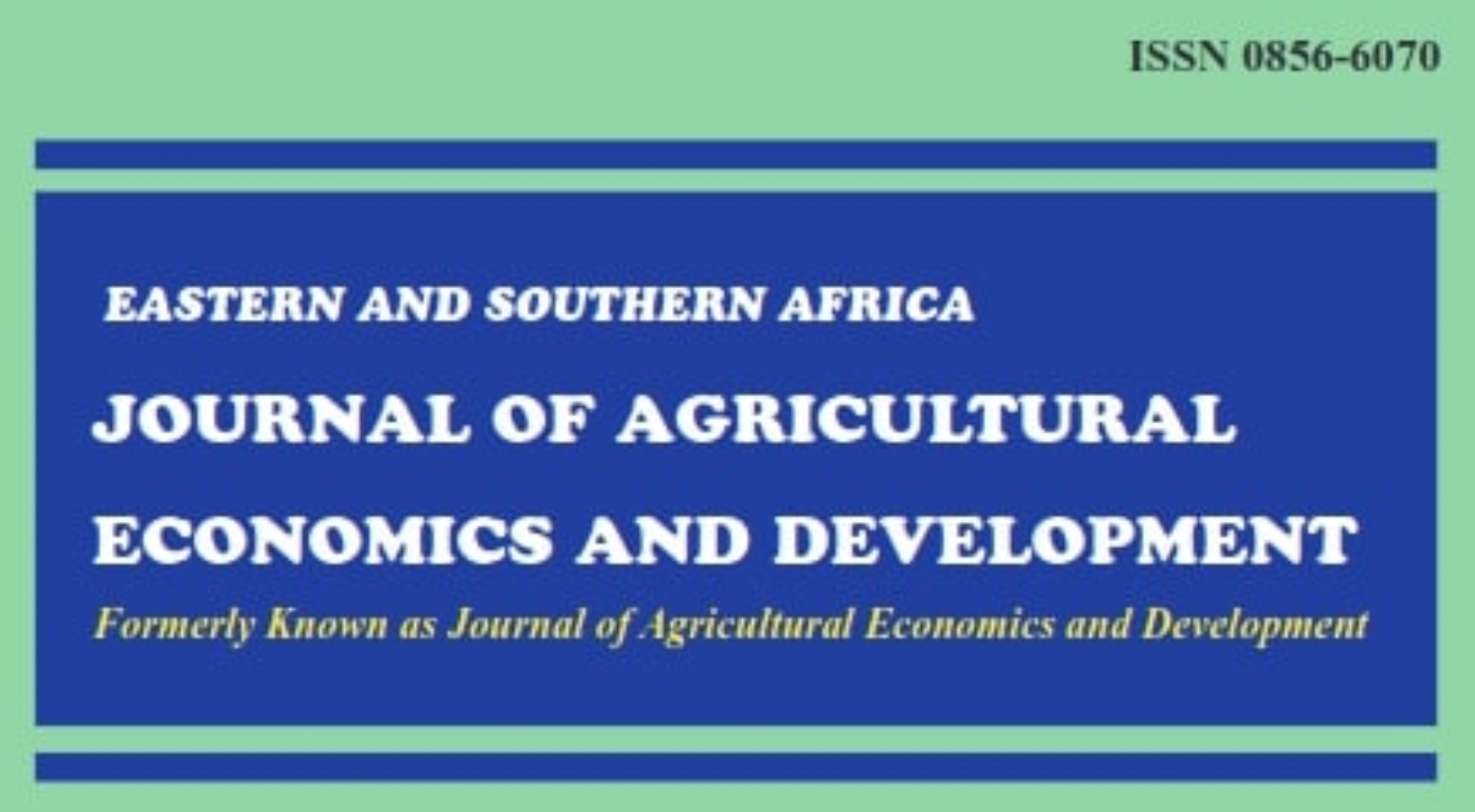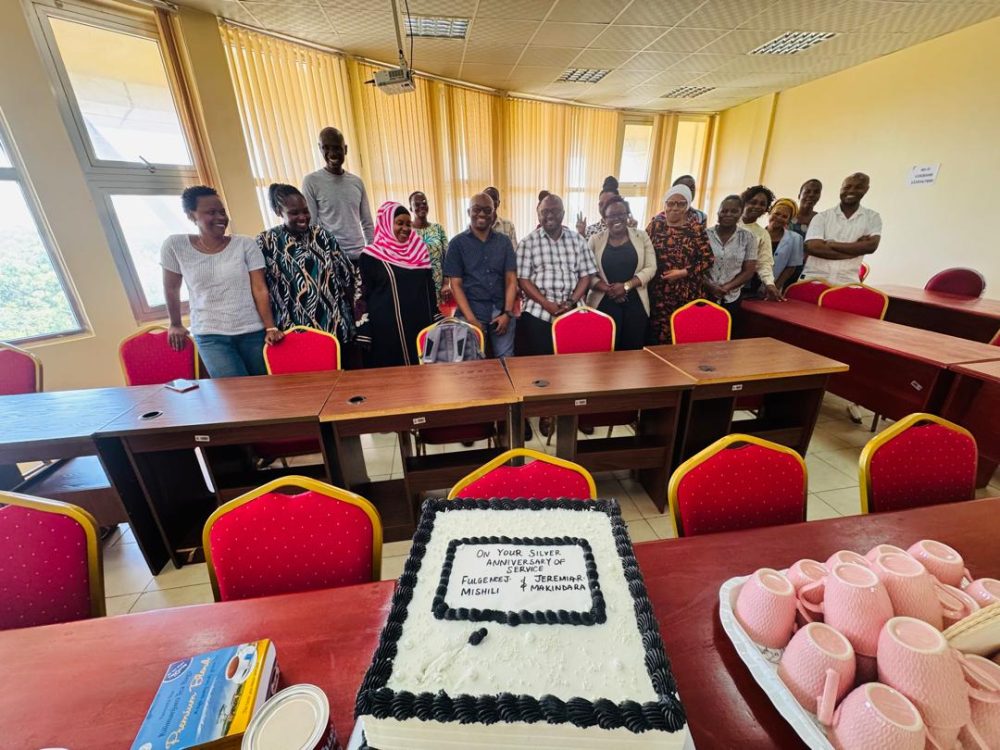A workshop on Policy Prioritization through Value Chain Analysis (PPVC) was held in Morogoro, Tanzania on Friday, May 19, 2023. The workshop was organized by the Sokoine University of Agriculture (SUA), the Bureau for Food and Agricultural Policy (BFAP), and the International Food Policy Research Institute (IFPRI).
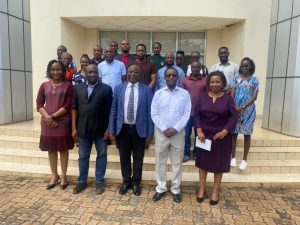 The workshop was attended by over 20 participants from government, academia, and the private sector. The objective of the workshop was to introduce the PPVC approach and to train participants on how to use it to prioritize value chains for policy and investment.
The workshop was attended by over 20 participants from government, academia, and the private sector. The objective of the workshop was to introduce the PPVC approach and to train participants on how to use it to prioritize value chains for policy and investment.
On the opening of the workshop, the moderator – Ms Aika Aku, gave chance for participants to introduce themselves.

The opening remark was then given by Dr. Akyoo – on behalf of Head of Department of Trade and Investment at SUA. Dr. Akyoo spoke about the importance of value chain analysis for researchers and PhD students. He said that the PPVC approach can be used to identify and analyze the key drivers of value chain performance. This information can then be used to inform policy and investment decisions that can help to improve the performance of value chains and benefit the people who work in them.
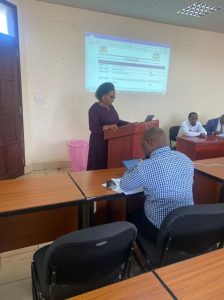 Then, the PPVC Tanzania Country Lead – Dr. Zena Mpenda, introduced to the participants, the objectives of the PPVC approach as well as of the workshop. She said that the PPVC approach can be used to assist government to come up with focused policy and investment as well as to make decisions based on rigorous analysis and evidence.
Then, the PPVC Tanzania Country Lead – Dr. Zena Mpenda, introduced to the participants, the objectives of the PPVC approach as well as of the workshop. She said that the PPVC approach can be used to assist government to come up with focused policy and investment as well as to make decisions based on rigorous analysis and evidence.
On the objectives of the workshop itself, she said that, its purpose would be to: share the PPVC method before it is used, brings an understanding of the data requirements for the PPVC approach, and to bring awareness to stakeholders
The workshop was officially opened by Dr. Damas Philip – the Principal of College of Economics and Business Studies at SUA. Dr. Damas spoke about the challenges of conducting research in Tanzania. He said that tools like PPVC are very important in order to perform evidence-based research that can inform policy. He said that PPVC can help to bridge the gap between research and policy in Tanzania.
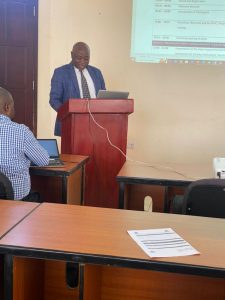
The first presentation of the day was given by Dr. Zena. She presented on the major reasons for prioritizing policies for Inclusive Agricultural Transformation. She said that the government has a long list of potential policy and investment recommendations. However, not all of these recommendations are affordable. The PPVC approach can be used to select the priority areas to invest based on evidence. This will help the government to make the most of its limited resources.
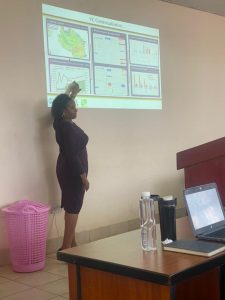
The second presentation of the day was given by Mr. Kangile – a researcher. Mr. Kangile presented on the PPVC Toolkit. He introduced the five steps of the PPVC approach:
- Economic and policy landscape analysis: assessing the economic and policy environment, identifying key factors and trends that impact value chains and investments.
- Value chain contextualization: gaining a deep understanding of its dynamics, including actors, processes, and linkages. This step helps identify potential areas for intervention and improvement.
- Stakeholder engagement for deep dive selection: selecting priority areas through five categories of analysis: market-led, inclusiveness, transformation, climate impact, and value chain scan. This participatory approach ensures a holistic view of the value chain and enhances decision-making.
- Value chain deep dive analysis: In this step, a focused analysis is conducted on the selected priority areas. It includes examining value chain mapping, gross margin analysis and performance, identifying constraints, and proposing interventions to enhance competitiveness, sustainability, and inclusivity.
- Post implementation, monitoring and evaluation of value chain: The final step which involves monitoring the implemented interventions, evaluating their impact, and making necessary adjustments to ensure continuous improvement. This iterative process ensures evidence-based decision-making throughout the value chain.
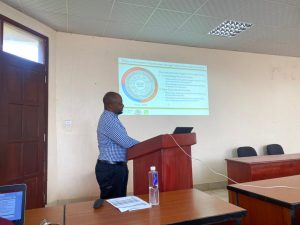
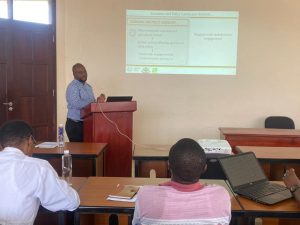 After the presentation, participants were given opportunity to engage with questions and reflect on the PPVC approach, which welcomed constructive discussion on areas related to data quality, policies and regulations, as well as the value chain of horticulture which attracted the attention of many participants.
After the presentation, participants were given opportunity to engage with questions and reflect on the PPVC approach, which welcomed constructive discussion on areas related to data quality, policies and regulations, as well as the value chain of horticulture which attracted the attention of many participants.

After participants’ engagement session, Dr. Zena concluded the workshop by outlining the way forward. She emphasized the importance of tracking policies and providing ongoing training to ensure that PPVC continues to inform effective decision-making. By keeping a close eye on policy developments and facilitating knowledge sharing, the workshop aimed to foster a collaborative environment for evidence-based research and policy formulation.
